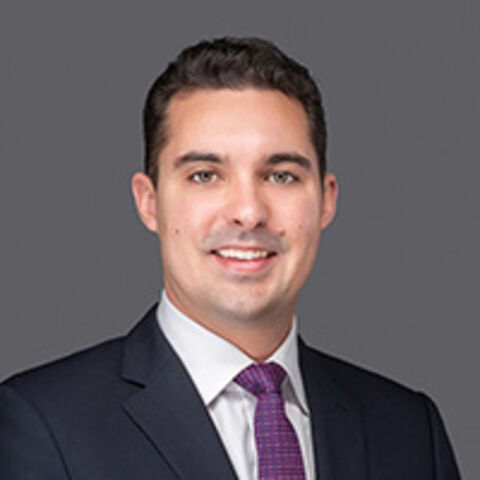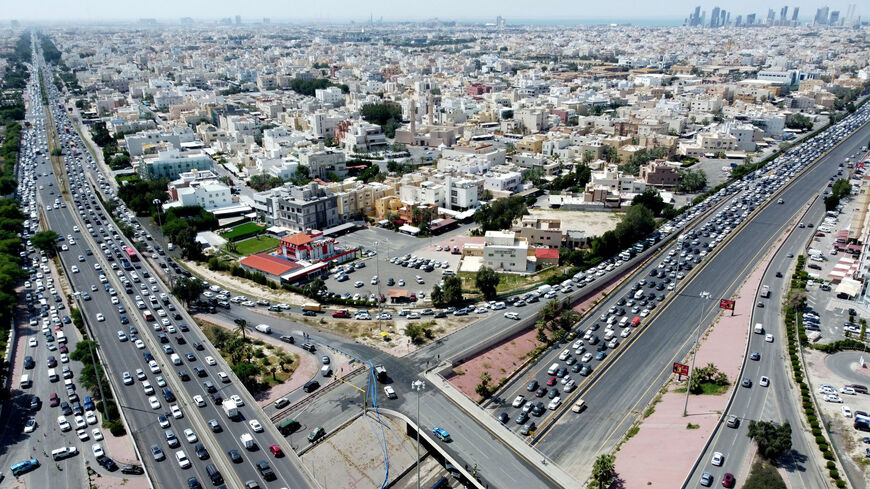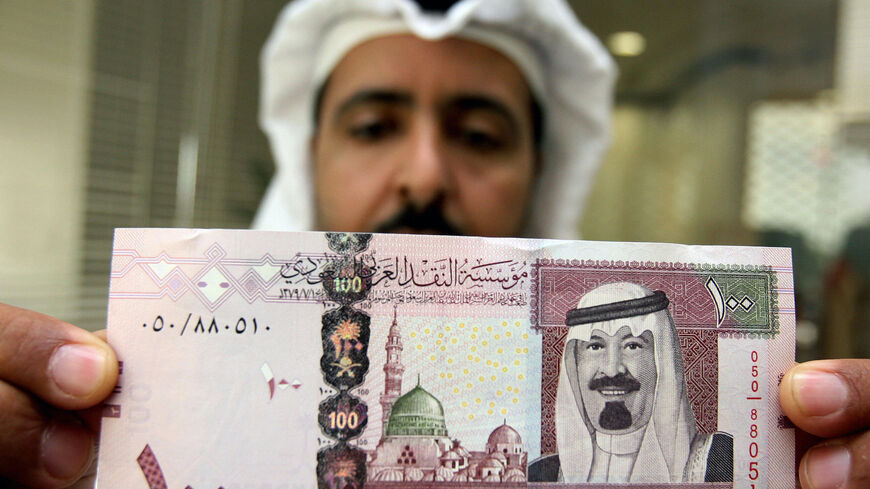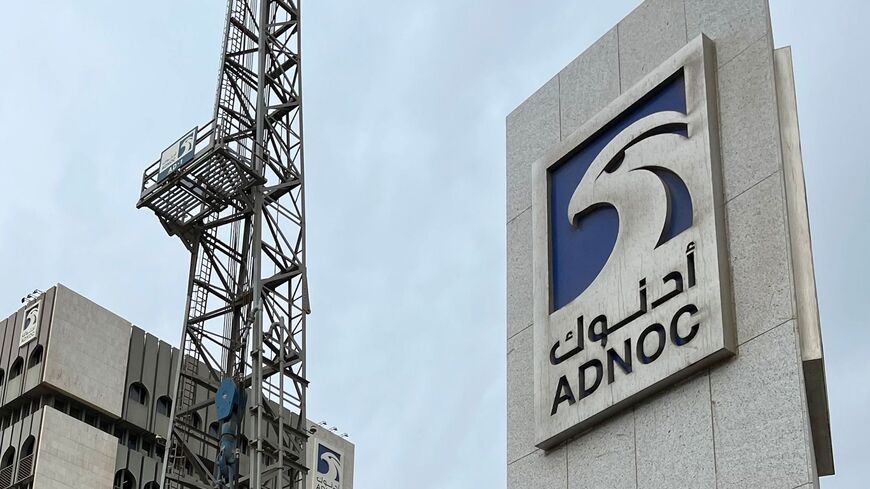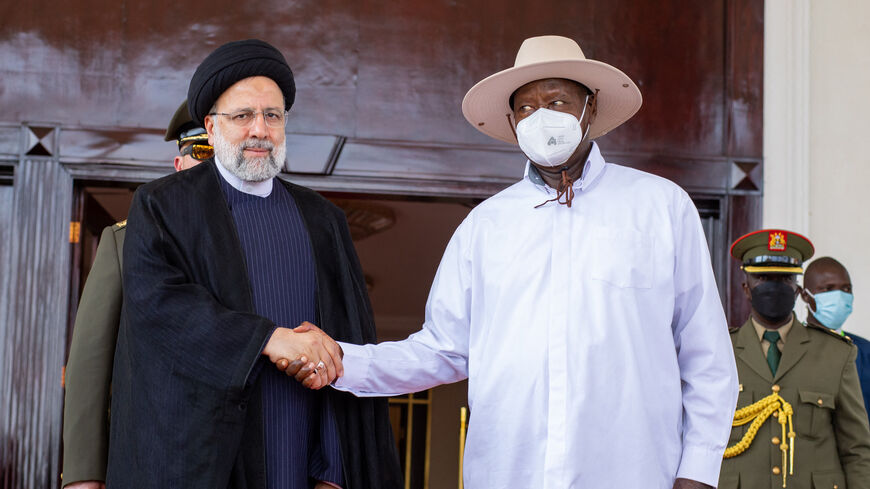How Kuwait’s political gridlock is hampering economic policymaking, competitiveness
Al-Monitor Pro Members
Dr. Robert Mogielnicki
Senior Resident Scholar, Arab Gulf States Institute in Washington
May 8, 2023
Kuwaiti Crown Prince Sheikh Meshaal al-Ahmed al-Jaber al-Sabah formally dissolved the country’s National Assembly — or parliament — by royal decree on May 1, 2023. Institutional gridlock between Kuwait’s appointed government and elected parliament has hampered the ability to advance an effective economic policymaking and reform agenda, ultimately reducing the country’s economic competitiveness. Kuwait possesses massive sovereign wealth holdings and therefore very strong credit fundamentals, but the country’s economy is neither dynamic nor robust.
- Kuwait’s crown prince announced on April 17 that the parliament would be dissolved and new elections held in the coming months — a familiar political development in recent years. He also mentioned the prospect of new legal and political reforms but did not provide specific details.
- Economic growth has been highly variable in recent years: -8.9% in 2020, 1.3% in 2021, and 8.3% in 2022. The IMF expects real GDP growth in Kuwait to register 0.9% during 2023.
- The oil and gas sector contributes more than 80% of public sector revenue sources.
- Brent crude oil prices are expected to average $85.01 per barrel in 2023 and $81.21 per barrel in 2024 — down from $100.94 in 2022, according to the US EIA.
- Kuwait’s Finance Ministry announced a record $86.7 billion budget for the 2023-24 financial year beginning in April, reflecting a $9.1 billion (11.7%) annual increase.
- This expansionary fiscal policy follows year-on-year fiscal deficits when not accounting for investment interest income from the Kuwait Investment Authority (KIA). The budget break-even point for 2023-24 rests at $92.90 per barrel.
- The expenditure breakdown of Kuwait’s draft budget reveals 80% of planned expenditures allocated for salaries and subsidies, with CAPEX and other expenses consuming 9% and 11% respectively.
- More than 80% of employed Kuwaiti nationals hold jobs in the public sector.
- Youth unemployment in Kuwait rests around 17%, according to Fitch Ratings.
- Kuwait agreed to introduce value-added tax as part of a regional framework agreement in 2017, and the IMF has called upon Kuwait to impose excise taxes as well. However, no meaningful progress on taxation reform has materialized.
- The Kuwaiti government has been unable to issue sovereign debt since 2017, owing to an inability to pass a new debt law.
- Despite media reports of Kuwait aiming to build the world’s largest tower in Silk City, the ambitious Kuwaiti megaproject has been stalled for years.
- There are concerns that continuous political rifts between the appointed government and elected parliamentarians have had a detrimental effect on healthcare, education and other social services.
Scenario 1: Continued political gridlock prevents genuine economic policymaking and reform efforts, leading to a slow — but manageable — deterioration in the economic environment and the country’s competitiveness.
Kuwait falls further behind neighboring Gulf Cooperation Council (GCC) states as a hub for global talent and foreign direct investment. A small group of wealthy, politically-connected individuals continue to benefit from the prevailing political and economic institutions in Kuwait; however, many local and international businesspeople opt to exploit growing opportunities in neighboring Gulf countries and other emerging markets.
Scenario 2: The confluence of political gridlock, poor policy decision-making and unexpected economic shocks eventually results in a major economic crisis in Kuwait.
The Kuwaiti emir or crown prince does not issue emergency decrees to address mounting economic challenges. Facing a steep drop in oil revenues and no legal path to issue debt, the government draws heavily upon its sovereign wealth holdings. These drastic measures damage the country’s strong reputation afforded by its fiscal and external balance sheets.
Scenario 3: The political situation stabilizes and/or key stakeholders in government and parliament respond to the growing need to work together to advance various economic policies, reforms and economic development initiatives.
An overarching desire to ensure the economic welfare of citizens leads to a newfound political consensus. Government officials and members of parliament work closely to reconfigure wasteful subsidies, streamline the country’s “complex business environment” and better utilize financial resources to unlock economic growth.
Past behavior is the best indication of future behavior. Kuwait has witnessed several new governments over the past three years — along with dissolved parliaments and fresh elections. These political disruptions have not supported effective economic policymaking. A steady but manageable decline in Kuwait’s economic environment and competitiveness therefore is the most likely scenario. The country’s strong fiscal and external balance sheets reduce the urgency of reforms and have made it easier for policymakers to kick the can continuously down the road.
Either an economic catastrophe or a newfound political consensus that enhances economic policymaking appear equally unlikely. The likelihood of a full-blown economic crisis, such as an inability for the government to fulfill payment obligations or a debt crisis, is very low. The emir can issue emergency decrees, which serves as a political backstop, and returns from the KIA’s investments offer important non-oil revenue streams. Meanwhile, institutional change trends to occur gradually, suggesting that the defining characteristics of Kuwaiti politics will persist for the foreseeable future.
Dr. Robert Mogielnicki’s professional affiliations span top-tier research institutes, academic institutions, NGOs and consultancies. He is a Senior Resident Scholar at the Arab Gulf States Institute as well as an Adjunct Assistant Professor at Georgetown University and a Professorial Lecturer at George Washington University. He serves as an Adviser with Freedom House and an External Consultant with Eurasia Group. Dr. Mogielnicki is the author of "A Political Economy of Free Zones in Gulf Arab States" (Palgrave Macmillan 2021), and he is currently working on an edited volume about the political economy of sovereign wealth funds in the Middle East and Asia. He is a Term Member at the Council on Foreign Relations and a member of the Board of Advisers at Henley & Partners, an investment migration firm. The Middle East Policy Council listed Dr. Mogielnicki in their inaugural 40 Under 40 awards for influential Middle East experts. He holds a DPhil from Magdalen College, University of Oxford.
We're glad you're interested in this memo.
Memos are one of several features available only to PRO Expert members. Become a member to read the full memos and get access to all exclusive PRO content.

Already a Member? Sign in
The Middle East's Best Newsletters
Join over 50,000 readers who access our journalists dedicated newsletters, covering the top political, security, business and tech issues across the region each week.
Delivered straight to your inbox.
Free
What's included:
Free newsletters available:
- The Takeaway & Week in Review
- Middle East Minute (AM)
- Daily Briefing (PM)
- Business & Tech Briefing
- Security Briefing
- Gulf Briefing
- Israel Briefing
- Palestine Briefing
- Turkey Briefing
- Iraq Briefing
Premium Membership
Join the Middle East's most notable experts for premium memos, trend reports, live video Q&A, and intimate in-person events, each detailing exclusive insights on business and geopolitical trends shaping the region.
$25.00 / month
billed annually
$31.00 / month
billed monthly
What's included:
Memos - premium analytical writing: actionable insights on markets and geopolitics.
Live Video Q&A - Hear from our top journalists and regional experts.
Special Events - Intimate in-person events with business & political VIPs.
Trend Reports - Deep dive analysis on market updates.
We also offer team plans. Please send an email to pro.support@al-monitor.com and we'll onboard your team.
Already a Member? Sign in

